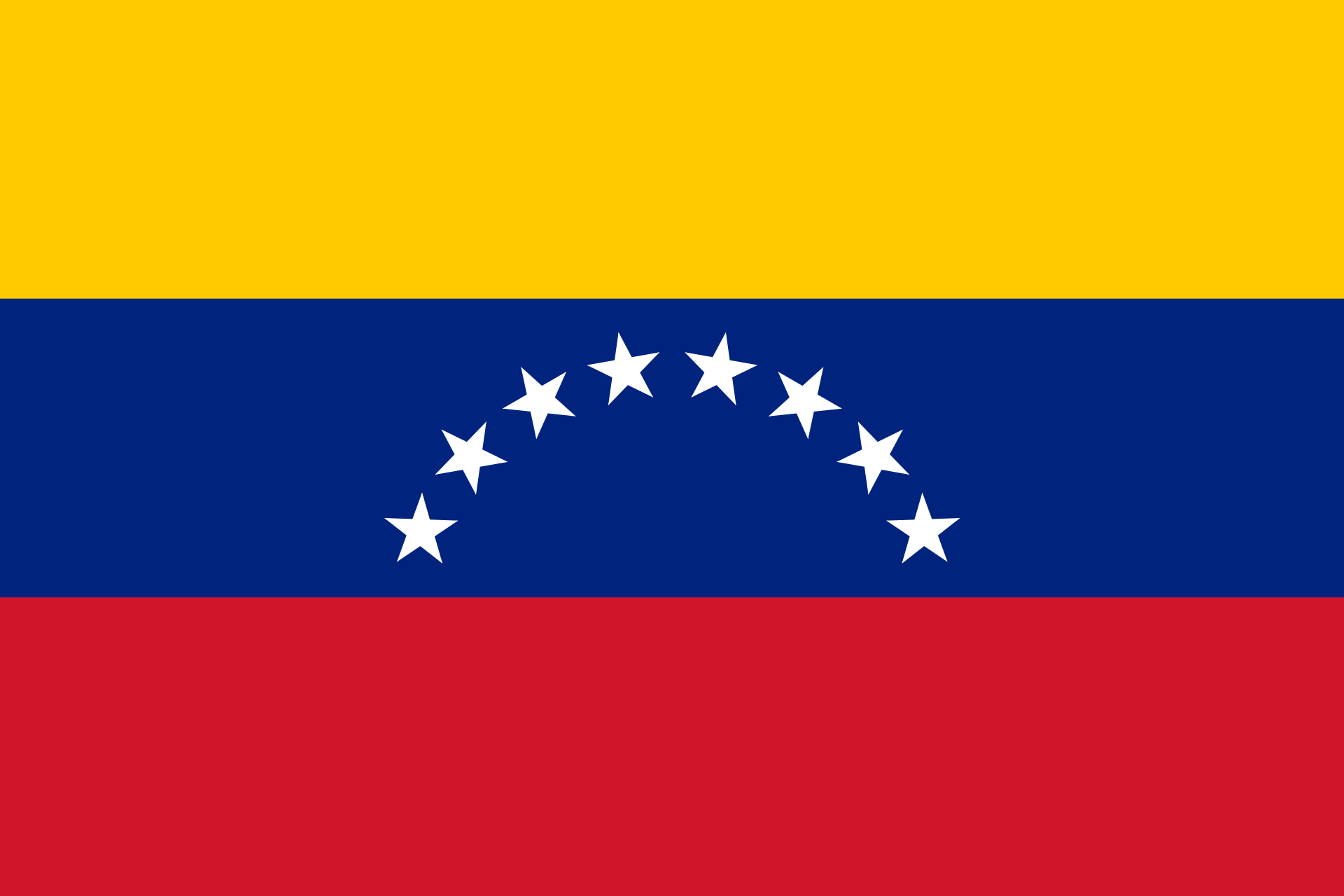In 2025, Venezuela initiated its first TNA to identify climate technologies for key sectors.
Rising temperatures and shifting precipitation patterns have already disrupted agricultural cycles in Venezuela, threatening food security. Moreover, increased instances of droughts and floods have strained water resources, impacting both urban centres and rural communities. The country’s extensive coastal areas are also vulnerable to sea-level rise, posing risks to critical infrastructure and biodiversity hotspots.
As a signatory to the Paris Agreement, Venezuela has committed to contributing to global efforts to limit temperature rise to well below 2°C above pre-industrial levels, with an aspirational target of 1.5°C. In 2021, the country updated its NDC, pledging a 20% reduction in CO₂ emissions by 2030. These targets are integrated into Venezuela’s broader national development plan, which emphasizes environmental protection and sustainable development.
To achieve its mitigation goals, Venezuela is focusing on reducing greenhouse gas emissions by promoting renewable energy sources, sustainable transportation, and energy efficiency. The country also seeks to enhance its carbon sink capacity through forest protection and reforestation efforts. Nonetheless, transitioning to a low-carbon economy presents a substantial challenge due to Venezuela’s heavy reliance on oil production.

